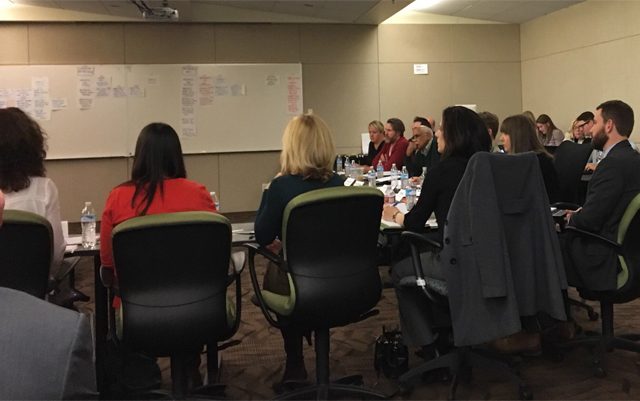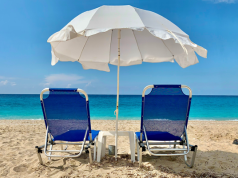Denver officials, businesses, and citizens held their first committee meeting to begin tackling the issues of regulating the social use of cannabis in their city, thanks to the passage of Initiative 300 in November.
The Social Consumption Advisory Committee was created to discuss best practices and limits, among other nuances involved with allowing for social use of cannabis in designated consumption areas of businesses with the permits to do so.
Talking bluntly about the issues, the committee spoke about the comprehensive and responsible roll out of Denver’s new social use permit law at their meeting at the Wellington Webb Municipal Office Building, located in Denver.
The big topic of discussion was how to keep kids safe.
Emmett Reistroffer of Denver Relief Consulting also helped write and lead the campaign for the measure. He said, “Our intention is clear, we don’t want this around kids – but to add distance restrictions may be going too far.”
He backed that up with an example close to his own home in Denver. He pointed out that Denver already tolerates liquor shops next to dance studios, where young people congregate.
Committee members were quick to dismiss him. “it’s not the same because alcohol is federally legal,” said one panelist.
Marijuana Industry Group executive director Kristi Kelly expressed her concerns for multipurpose facilities that are used by people of all ages. “To rule out a certain venue for its daytime use may not apply to night,” she explained. A kid-friendly venue during the day could be an adult concert venue after 7pm.
Law enforcement were represented at the meeting by Denver Police Deputy Chief David Quinones. On consumption areas around schools, Deputy Quinones asked the stipulations not be too dependent on variables like school zones. Specific rules pertaining to certain zones can be difficult to keep track of, and therefore more confusing and difficult to enforce.
One resident and community representative on the board brought to everyone’s attention the burden of lawmaking on the neighborhood groups and organizations. “Consider all the rulemaking that’s being placed on the neighborhood organizations,”he said.
The room seemed to agree on banning butane or propane torches, which are common tools for heating up cannabis concentrates. From a public health and fire safety standpoint, it’s just not safe. There was a suggestion of permitting non-combustible heating elements.
The next Social Consumption Advisory Committee meeting is February 8.






